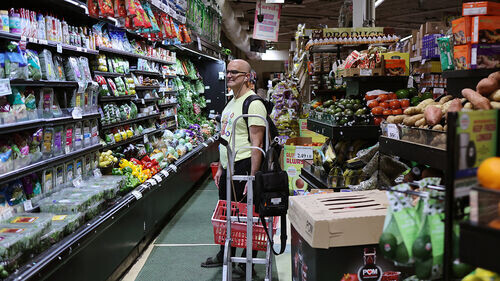
Rome, Italy – Global food prices reached their highest level since April 2023, according to the latest Food Price Index released by the Food and Agriculture Organization of the United Nations (FAO) on November 7th. The index, which tracks international prices of a basket of food commodities, rose 0.5% to 127.5 points in November.
The increase was primarily driven by rising prices of vegetable oils and dairy products, despite declines in the prices of cereals, meat, and sugar.
Key Highlights:
Vegetable Oils: Prices surged 7.5% due to production concerns in Southeast Asia caused by excessive rainfall and increased global import demand, especially for soybean oil.
Dairy: Prices rose 0.6% on the back of recovering demand and a seasonal decline in milk production in Western Europe.
Cereals: Prices decreased 2.7% as global wheat prices fell due to increased harvests in the Southern Hemisphere and improved crop conditions in major Northern Hemisphere exporting countries.
Meat: Prices declined 0.8% primarily due to oversupply and weak demand for pork in the European Union.
Sugar: Prices dropped 2.4% as India and Thailand began their supply seasons, and concerns about Brazil's next crop eased.
The FAO Food Price Index tracks monthly changes in international prices of five commodity groups: cereals, vegetable oils, meat, dairy, and sugar. It is calculated using price data for a basket of food commodities.
Factors Influencing Prices
Several factors contributed to the overall increase in food prices, including:
Weather conditions: Excessive rainfall in Southeast Asia and improved crop conditions in the Northern Hemisphere impacted production and prices of various commodities.
Global demand: Increased global demand for certain commodities, such as soybean oil and dairy products, pushed prices higher.
Currency fluctuations: Changes in exchange rates, particularly the weakening of the Brazilian Real against the US Dollar, influenced commodity prices.
Supply and demand dynamics: Seasonal factors, production cycles, and trade policies also played a significant role in price movements.
The FAO's Food Price Index provides valuable insights into global food markets and can help policymakers, producers, and consumers make informed decisions.
[Copyright (c) Global Economic Times. All Rights Reserved.]






























